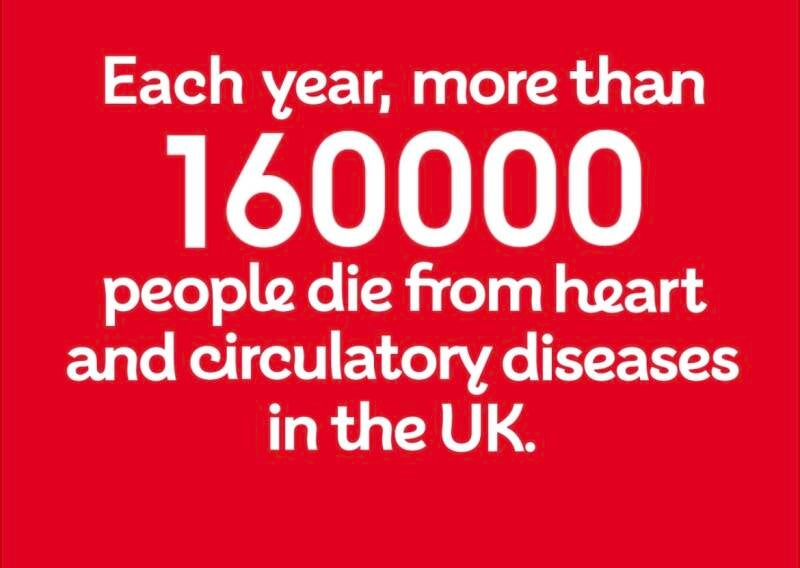
Symptoms of a heart attack
Heart attack symptoms vary from person to person. They can include:
- pain or discomfort in your chest that happens suddenly and doesn't go away
- pain that spreads to your left or right arm, or to your neck, jaw, back or stomach. For some people the pain or tightness is severe, while for others it’s uncomfortable. It may feel like heaviness, or a burning pain similar to indigestion
- feeling sick, sweaty, light-headed or short of breath.
Other less common symptoms include:
- a sudden feeling of anxiety that can feel similar to a panic attack
- lots of coughing or wheezing due to a build-up of fluid in the lungs.
It’s possible to have a heart attack without experiencing all these symptoms, and it’s important to remember everyone experiences pain differently. This is more likely in elderly people or people with diabetes, as the condition can cause nerve damage which affects how you feel pain.
Discomfort in the chest can be caused by many things from a heart attack to indigestion and muscle strain. Learn more about the different causes of chest pain.
Should I still call 999 or go to hospital if I'm worried about my health?
It's essential to dial 999 if you have any symptoms that could be a heart attack. If you think you need to be seen before you can speak to your GP but you don’t think you’re having a heart attack, call 111 for an assessment.
Don't delay because you think hospitals are too busy - the NHS still has systems in place to treat people for heart attacks. If you delay, you are more likely to suffer serious heart damage and more likely to need intensive care and to spend longer in hospital.
What should I do if I think I'm having a heart attack?
It’s important you get medical attention immediately. Don’t worry about wasting paramedics’ time – a heart attack is a medical emergency.
You should:
- call 999 for an ambulance
- sit down and stay calm
- take 300mg aspirin if you have it and you're not allergic
- wait for the ambulance.
What causes a heart attack?
Most heart attacks are caused by coronary heart disease (CHD).
CHD causes your coronary arteries to become narrowed by a gradual build-up of fatty deposits called atheroma.
If a piece of atheroma breaks off, a blood clot forms around this to try and repair the damage to the artery wall. This clot can block your coronary artery, causing your heart muscle to be starved of blood and oxygen.
Other less common causes of a heart attack include:
- spontaneous coronary artery dissection (SCAD) which is when a tear appears in the wall of one of your coronary arteries
- using harmful drugs like cocaine and amphetamines (speed)
- hypoxia (a sudden drop in oxygen levels in the body).
Although symptoms can vary from person to person, women and men generally experience the same heart attack symptoms. However, research shows women tend to not recognise the symptoms as a sign of a heart attack as quickly. This is mainly because heart attacks are wrongly believed to be a “man’s problem."
In the UK, an average of four women die of coronary heart disease every hour, many of them due to a heart attack.
You dramatically increase your chance of survival if you call 999 straight away.

Add comment
Comments